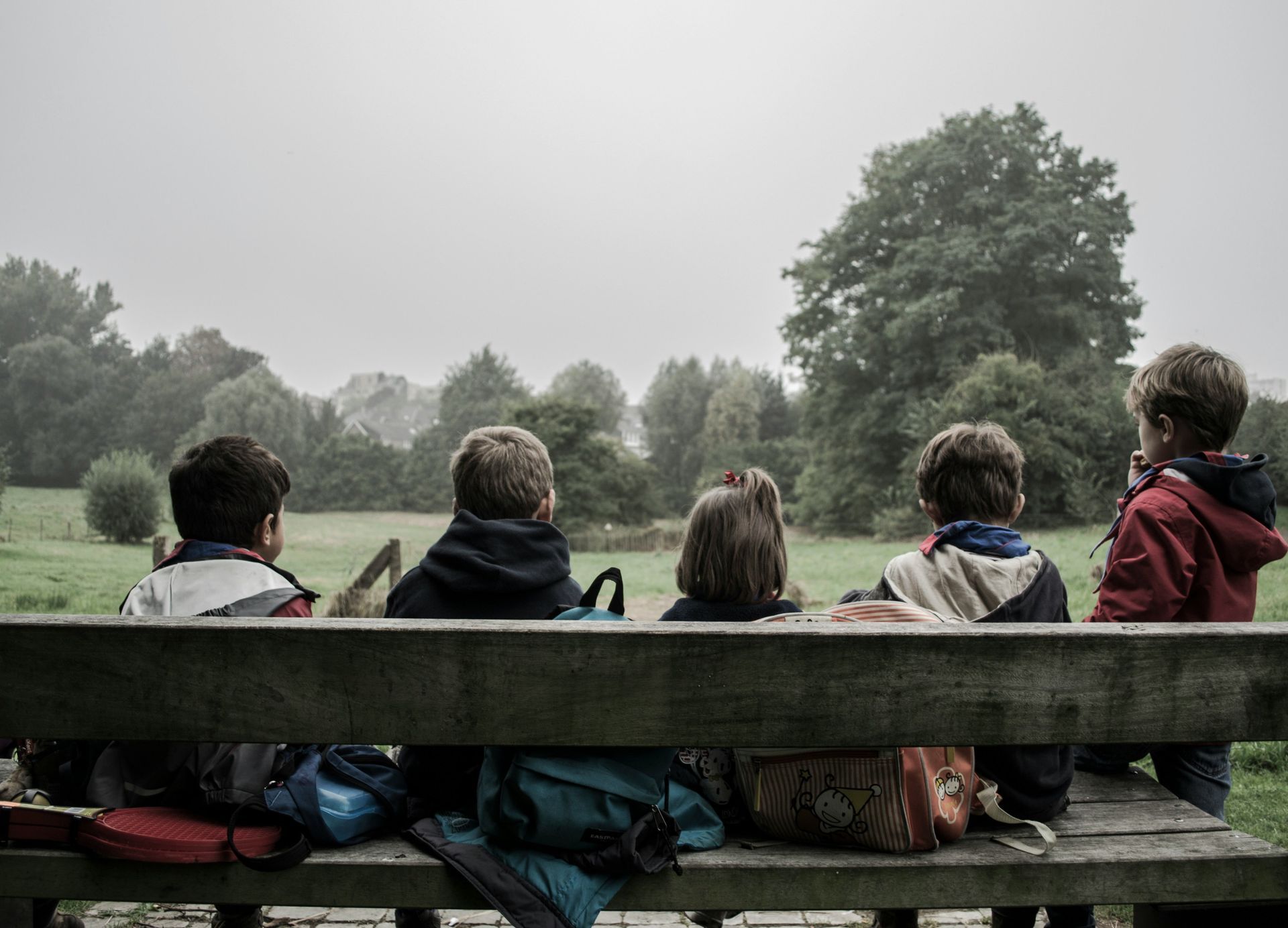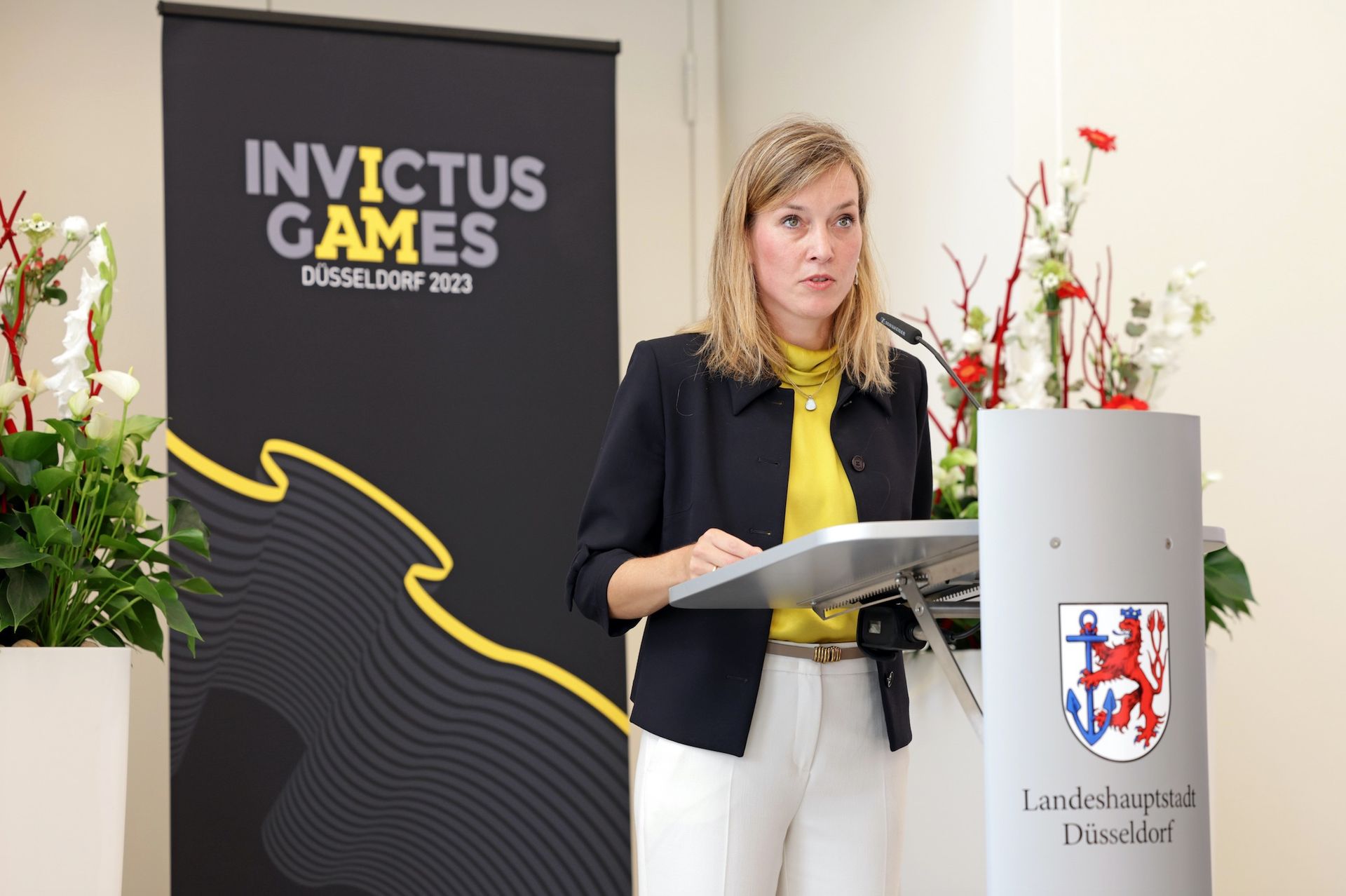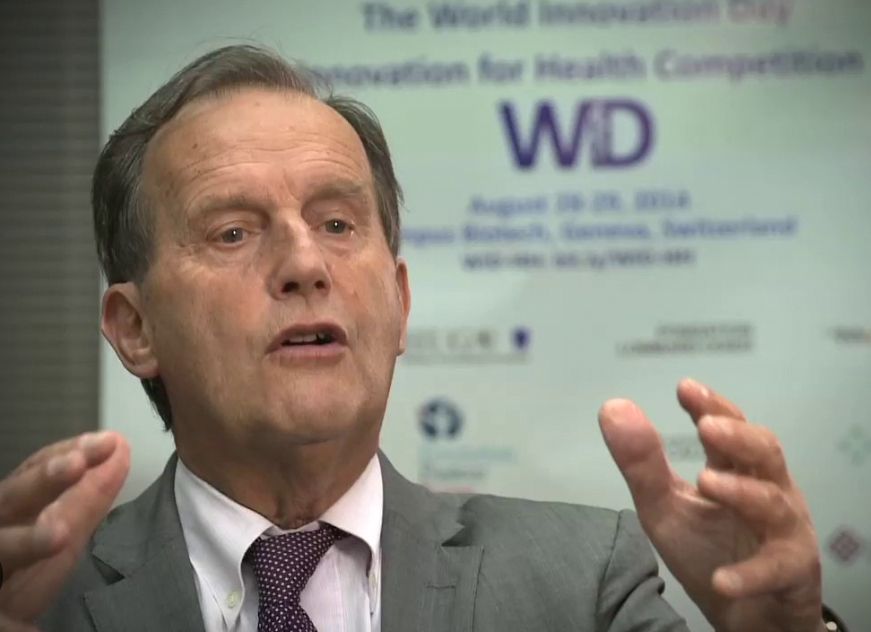
Bernd Siggelkow: “Die Arche gibt Kindern eine Lobby, eine Stimme und ein Herz.“
Die Arche - Christliches Kinder- und Jugendwerk e. V., the Protestant aid organisation founded by Pastor Bernd Siggelkow in Berlin-Hellersdorf in 1995, fights child poverty in Germany.
In 34 homes in Germany and, in future, in Africa, they look after children and their families where state aid is simply no longer enough. The situation has become even worse in recent years due to migration, among other things. Reason enough for Pastor Bernd Siggelkow and the to describe this in their latest book: The Crime Against Our Children", Pastor Bernd Siggelkow and "Die Arche" press spokesman Wolfgang Büscher take a look back at 30 years of "Die Arche", criticise society and politics but also show what commitment can achieve. In our interview, Pastor Siggelkow also explains the statements he has made on current refugee policy and its consequences.
20. March 2024
IN FOCUS/LEADER
Name: Pastor Bernd Siggelkow
Occupation: Founder and operator of the Die Arche - Christliches Kinder- und Jugendwerk e. V
Current book: "Das Verbrechen an unseren Kindern“ ("The crime against our children")
“First and foremost, people don't lack money, but perspective and dignity.“
Mr Siggelkow, what is the most important thing that parents should do for their children?
Pastor Bernd Siggelkow: First of all, it is important that the parents themselves are doing well. Parents are the role models for their children. But if they have given up on themselves because they no longer have any prospects, they won't have much interest in their children. I have many parents who go without a meal so that their children can be fed because food prices have risen immeasurably. First and foremost, people don't lack money, but perspective and dignity. This should be conveyed through work and, for example, there are fewer jobs for single mothers. Here we are in Berlin Marzahn Hellersdorf, the district in Germany where most people live who have to apply for social benefits on top of their salary. A single mother who works 30 hours a week cannot provide for her family and has to apply for money from the job centre. What does that do to this mother, who has no self-esteem because she is always the supplicant? But she also wants to be a role model for her children.
“At some point these people give up on themselves and at some point these people give up on their children.“
A few months ago, a mother sat in my office and told me about her subsidised 9 euro local transport ticket. During a check, she had to show her ID and then even her citizen's benefit certificate. She was horrified to have to strip naked in front of a complete stranger to prove her neediness. This took away this woman's dignity. At some point these people give up on themselves and at some point these people give up on their children. Child poverty is always linked to adult poverty and there is an incredible inequality of opportunity in our society.
"There was no love in my life, just a struggle for existence, because we had no money."
When you look back on your life's work “Die Arche“, what do you consider to be the key moment of decision?
There were many key moments in my life that ensured that there is an "Die Arche" today. On the one hand, my own story. My mother left when I was six years old, leaving behind my father, who didn't really want children, and my grandmother, who was seriously ill. There was no love in my life, just a struggle for existence, because we had no money. I grew up in St Pauli, my father was never at home and I had to take on a lot of responsibility even as a small child. When I was fifteen, I got to know the Salvation Army. When I was taking music lessons there, the pastor asked me if I knew if there was anyone who loved me. I was completely devastated because I realised that I had never been loved. That was the starting point for "Die Arche", because it was at that moment that I decided to become a Christian and do something for children. After completing my commercial training, I went on to do theological training to become a pastor specialising in children and youth work. I came to Berlin as a youth counsellor and got to know the children in Marzahn-Hellersdorf. Their living conditions horrified me - complete strangers on the street asked me if I wanted to be their dad. “Die Arche", which I founded as a result, was not only intended to be a lifeline, but also to give them love and a relationship.
Surely setting up such a large organisation also involved a lot of sacrifice?
The first "Die Arche" was set up in my living room with 20 children. They were mostly children from single-parent families. They lacked a point of reference, had difficulties at school and were starving at lunchtime. A few years later, we founded the first soup kitchen for children because we realised that many children were going to school without breakfast, partly because there wasn't enough food at home. Even before there was a poverty report in Germany, we realised that there was child poverty.
Today, after 29 years, the challenges have grown incredibly. Child poverty has changed with more isolation, the level of education has become worse and worse. We went from one crisis to the next. The biggest was corona, then the war of aggression against Ukraine, inflation and now anti-Semitism.
There are now 34 arks in Germany with children from many different backgrounds. Now the children of refugee families and families with a migration background have also been added. There is also eine "Die Arche" in Switzerland, one in Poland and now an African one. We are always endeavouring to achieve the best for our children, but we are also reaching our limits because politicians are not changing the framework conditions properly.
"But to date, no politician has spoken out about the book."
What specifically are you calling for?
We have been calling for basic child protection for many years. In Germany, we have ensured that people take a better look at child protection. There are few telephone numbers that children in need can call that are free of charge. Our children generally don't have any money on their mobile phones. If they were being abused, they wouldn't even know where to call.
At least in Berlin we have ensured that there are free school meals and free local transport tickets. Child poverty is a permanent topic in the media because people realise that poor children are no longer a marginalised group. "Die Arche" gives them a lobby, a voice and a heart. The image that is created in the public eye puts pressure on politicians.
On the other hand, no, because our book "Das Verbrechen an unseren Kindern" (The Crime Against Our Children") is an indictment of politics. To date, however, no politician has commented on the book. When I have a conversation with a politician, they have to agree with me on many points.
Children do not have a vote and children's rights are not enshrined in the Grundgesetz. Our education system has never been so dilapidated since the Federal Republic of Germany was founded. We are the land of poets and thinkers, but 50,000 children still fail to graduate from school. According to scientific studies, 25 per cent of all fourth-graders cannot read. Unicef has calculated that 1 million poor children will never make it out of poverty. Politicians are asking themselves whether the basic child benefit is only 2 billion or 12 billion, we don't know exactly. It is likely that only 30 euros per day will arrive per family.
What else are you calling for?
There are not enough school places, there must not be any hotspot schools, there are too many overworked teachers. This is where politicians need to look and help instead of putting pieces of the puzzle together.
“But I'm also a visionary, because if there's a crisis today, I want to have the answer tomorrow.“
What does your daily routine look like?
There is no routine, but I am only as strong as I am when I have contact with children. My wife and I have dogs that we train and we are currently teaching a second school class. I am also an administrator, of course, because I run an organisation with 10,000 children and 360 employees. The media is also part of it.
But I am also a visionary, because if there is a crisis today, I want to have the answer tomorrow. We are the organisation that always has a quick solution, because we are not bureaucratised. We couldn't close our organisation just because there was a lockdown. At that time, we had to develop a virtual ark within hours. During the first 14 days of the lockdown, our organisation was the only one that was at people's doors. When the war broke out in Ukraine, we were the big supply centre for the Ukrainian refugees. We try to implement everything as quickly as possible and that's also part of me, that's me.
"We are a country of immigration and that's a good thing."
You have also made statements on refugee policy that have been quoted in the media.
We are a country of immigration and that is a good thing. If I let a person into my country and promise them security. housing and education, I must also have the infrastructure to provide this. We don't have enough nursery places, school places and living space. One of our refugee families was only able to find a flat here after 8 years of refugee accommodation. Of course they shouldn't be sent back to their countries of origin.
We have 10,000 children in "Die Arche", which costs me 20 million euros a year. We finance everything through donations. And if I don't manage to raise more than 20 million euros, I can't open new facilities and I can't let more children into "Die Arche" because I don't have the money available. Because it would mean that I would give the children who have entrusted themselves to me less to eat and fewer opportunities and that I would even have to close down at some point. As a state, you have to think about what you are capable of.
We need 60,000 skilled workers a year, which we bring in from abroad. But 50,000 of our own children don't graduate from school. Why don't we encourage them to do the jobs we outsource? Births are falling in our country because we are producing poor people. The state needs to think about how to give people security and at the same time have a country in which children are not a calculable risk of poverty.
TOP STORIES
PEACE
March 2024
_____________
ISRAEL
Düsseldorf commemorates the destroyed Great Synagogue in difficult times. Presentation "missing link_" by Mischa Kuball
November 2023
_____________
LUXURY
US high-end furnishing giant RH The Gallery opens in Düsseldorf with star guests.
November 2023
_____________
ENGLISH CHRISTMAS
10 years of Glow Wild at Kew Wakehurst.
October 2023
_____________
TRIENNALE MILANO
Pierpaolo Piccioli explains his fascination with art.
_____________
NEW MUSEUMS
29 May 2023
_____________
NEW MUSEUMS
The Deutsches Fotoinstitut
is coming in big steps.The Bernd and Hilla Becher Prize will be awarded for the first time.
19 May, 2023
_____________
VISIONS, ARCHITECTURE
MARCH 10, 2023
_____________
CHECK THE THINGS YOU WANT TO THROW AWAY
HA Schult's Trash People at the Circular Valley Forum in Wuppertal on 18 November 2022.
NOVEMBER 19, 2022
_____________
THE OPERA OF THE FUTURE
Düsseldorf, capital of North Rhine-Westphalia will receive the opera house of the future.
FEBRUARY 15, 2023
_____________
FLORENCE
The extraordinary museums of Florence in 2023.
JANUARY 1, 2023
_____________
DÜSSELDORF
DECEMBER 11, 2022
_____________
DISTANT WORLDS
Dieter Nuhr's paintings now in Senegal - "A Nomad in Eternal Transit"
RELATED TALKS






